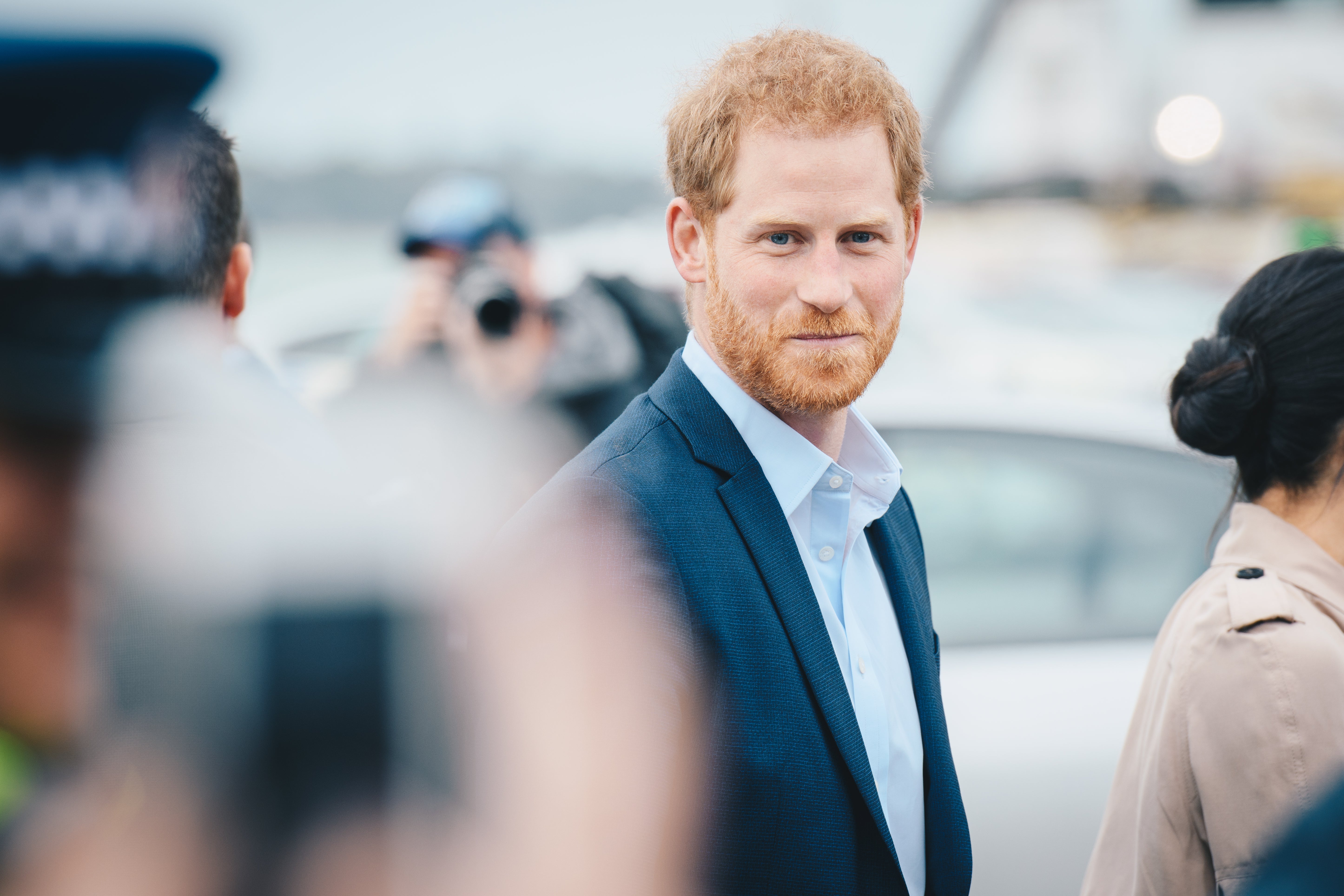Will Prince Harry need to pay taxes or get a visa while living in the US?
Despite his royal status, Prince Harry must comply with US law on residency and taxation
Your support helps us to tell the story
From reproductive rights to climate change to Big Tech, The Independent is on the ground when the story is developing. Whether it's investigating the financials of Elon Musk's pro-Trump PAC or producing our latest documentary, 'The A Word', which shines a light on the American women fighting for reproductive rights, we know how important it is to parse out the facts from the messaging.
At such a critical moment in US history, we need reporters on the ground. Your donation allows us to keep sending journalists to speak to both sides of the story.
The Independent is trusted by Americans across the entire political spectrum. And unlike many other quality news outlets, we choose not to lock Americans out of our reporting and analysis with paywalls. We believe quality journalism should be available to everyone, paid for by those who can afford it.
Your support makes all the difference.It’s been over a year since the Duke and Duchess of Sussex left the UK for the US, with the couple settling in Montecito, California, in August 2020.
After a turbulent year, which saw the pair step back from royal duties, Megan’s revelation that she experienced a miscarriage in summer 2020, the news the pair were expecting their second child, the death of Prince Philip and their explosive interview with Oprah Winfrey, Prince Harry also confirmed he had accepted a new job.
It was announced in March that Harry had accepted the role of chief impact officer with coaching and mental health firm BetterUp.
As part of his role, the Duke is expected to advocate publicly on topics related to mental health and will also be involved in initiatives including product strategy decisions and charitable contributions.
“I intend to help create impact in people’s lives,” he told The Wall Street Journal, which first reported the news. “Proactive coaching provides endless possibilities for personal development, increased awareness, and an all-round better life.”
But what does this mean for his US citizenship status and will he pay US taxes? Here’s everything we know.
Will Prince Harry pay US taxes?

According to the Inland Revenue Service (IRS), the US branch of government dealing with taxation, the 183 day rule means Prince Harry will be legally obligated to pay both US federal tax and California state taxes under the “substantial presence test” after living in the country for 183 days over a consecutive three-year period.
Victor A. Jaramillo, a lawyer specialising in taxation with Caplin & Drysdale Attorneys, tells The Independent: “Typically, a wealthy non-US person moving to the United States engages in pre-immigration tax planning in order to ensure he/she is not subject to excessive tax.
“The interesting aspect for someone like Harry is all of the additional information he is required to provide to the IRS. For example, if he receives distributions from a trust of which he is a beneficiary, he needs to disclose his interest in the trust (whether or not those distributions are taxable depends on a litany of factors).”
Mr Jaramillo added that gifts received by Prince Harry from the royal family would also need to be declared.
“He would also need to report gifts he receives from his non-US relatives if those gifts exceed $100,000 in value,” he said.
Will Prince Harry need a visa?

While a “royal source” told The Times in April 2020 that Prince Harry would not be applying for a green card or US citizenship “in the foreseeable future”, Harry is looking increasingly established in the US.
Options available to him could include applying for an O-1 visa. This is a non-immigrant visa for people with “extraordinary ability or achievement”. Prince Harry would need to be sponsored by an organisation that plans to work with him to identify how he might apply these skills in the US.
His philanthropic activities, such as founding the Invictus Games, could make him eligible, although the O-1 visa is only valid for three years and would be up for renewal annually after this time.
An alternative is to simply limit the number of days he spends in the US, although at time goes on and his ties with the US become more established, as evidenced by his new position at BetterUp, this might become harder to justify.
Dianne Mehany, a lawyer specialising in international tax planning, told Town & Country magazine: “If you try to claim it too many years in a row, at a certain point the IRS is going to say, 'No, you don't have a closer connection to another country, because you're routinely spending six months a year in the United States’.”
She added that Prince Harry could pursue a “tiebreak” position, which would enable him to extend the number of days a person is entitled to reside in the US before they must pay taxes. However, this would also require a significant amount of paperwork, she says: “You still have to file a myriad of information returns, disclosing your worldwide assets, disclosing your trust positions, disclosing your controlled foreign corporations, disclosing you foreign investment.”
Will Prince Harry simply apply for US citizenship?
As time goes on, it may become harder for him to justify his residence in the US without doing so.
Although a spokesperson for Prince Harry refused to comment when asked this question by The Independent, it’s clear that Harry has some big decisions ahead of him.

Join our commenting forum
Join thought-provoking conversations, follow other Independent readers and see their replies
Comments